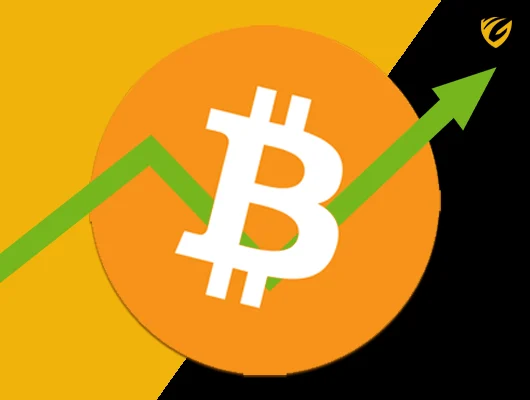SEC Pauses Allegations Against Solana, Cardano, and Polygon in Binance Lawsuit
By YGG News • July 30, 2024
SEC Pauses Allegations Against Solana, Cardano, and Polygon in Binance Lawsuit
The U.S. Securities and Exchange Commission (SEC) has decided to pause its allegations that the native crypto assets of Solana (SOL), Cardano (ADA), and Polygon (MATIC) are unregistered securities in its ongoing lawsuit against Binance.

SEC Plans to Amend Complaint
In a joint status report filed in the U.S. District Court for the District of Columbia on July 29, the SEC announced its intention to amend its complaint against Binance. This amendment will include changes to the allegations concerning “third party crypto asset securities,” which encompass Solana, Cardano, and Polygon.
This move by the SEC could offer temporary relief to Solana, Cardano, and Polygon. These assets have been under intense scrutiny and faced delistings from trading platforms due to the ongoing lawsuit and the regulatory uncertainty it has caused. For now, investors in SOL, ADA, and MATIC can breathe a tentative sigh of relief. However, the judge will still need to rule on whether these tokens should be deemed securities in the U.S.
SEC and Binance Agreement
The SEC and Binance have agreed on a schedule for briefing the motion to amend and related pleadings. The SEC’s motion to amend is due within 30 days of the court’s scheduling order. This agreement is part of an ongoing effort to resolve the allegations and clarify the regulatory status of the involved crypto assets.
Despite the news, the prices of the mentioned cryptocurrencies experienced declines. According to data from crypto.news, SOL is down over 5% on the day, while ADA and MATIC saw 24-hour losses of around 4% and 1%, respectively.
Background on the Lawsuit
In June 2023, the SEC filed lawsuits against Binance and Coinbase, accusing the exchanges of facilitating the trading of unregistered securities. Besides Solana, Cardano, and Polygon, the SEC also stated that other tokens such as Dash (DASH), Filecoin (FIL), and NEAR Protocol (NEAR) should be classified as securities.
Following the SEC’s claims, the Solana Foundation and Polygon Labs publicly disagreed with the SEC’s assessment. They emphasized their commitment to operating outside of U.S. markets. Despite their stance, platforms like Robinhood and Revolut proceeded to delist the tokens targeted by the SEC.
This development in the Binance lawsuit highlights the ongoing regulatory challenges faced by the cryptocurrency industry and the evolving landscape of crypto asset regulation in the U.S.



